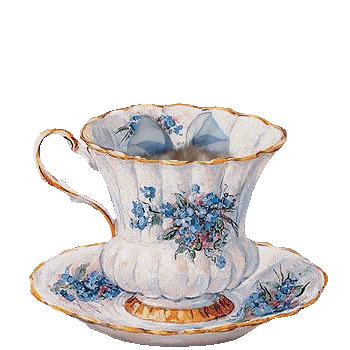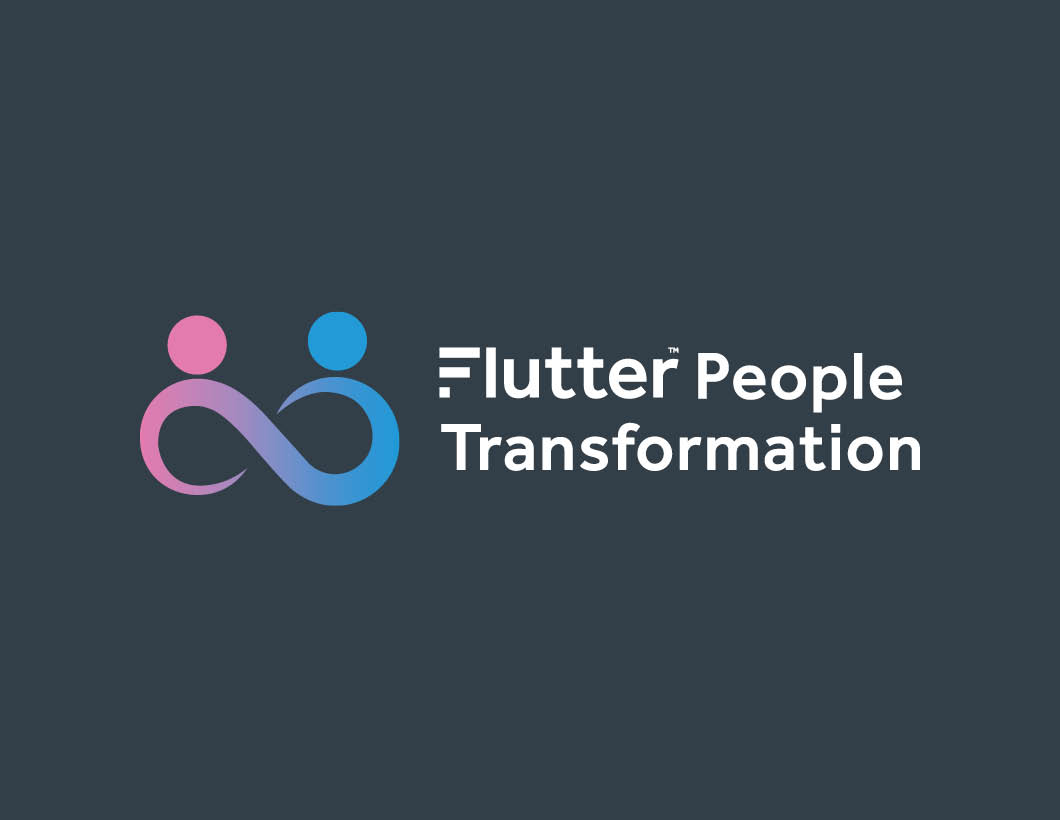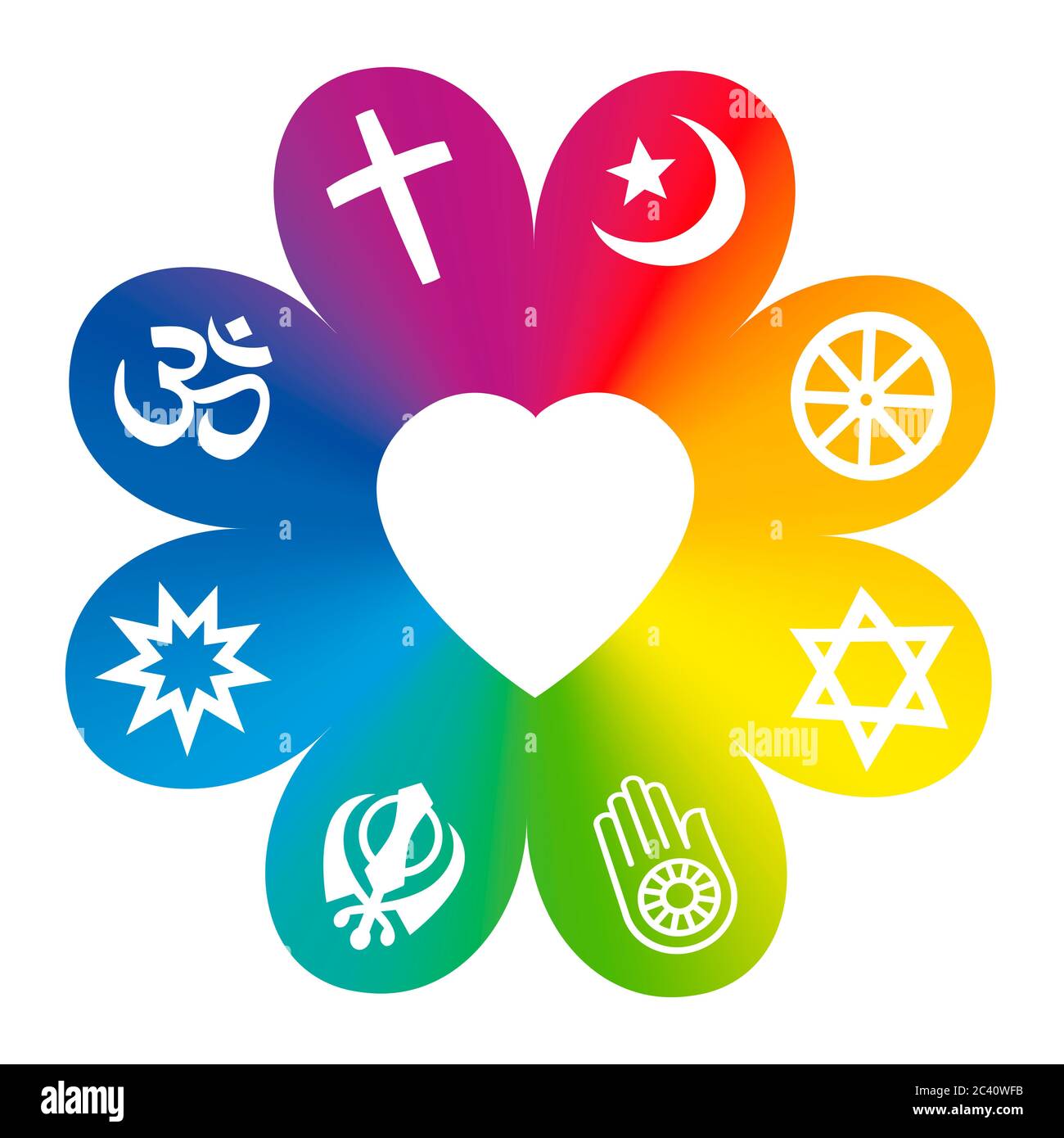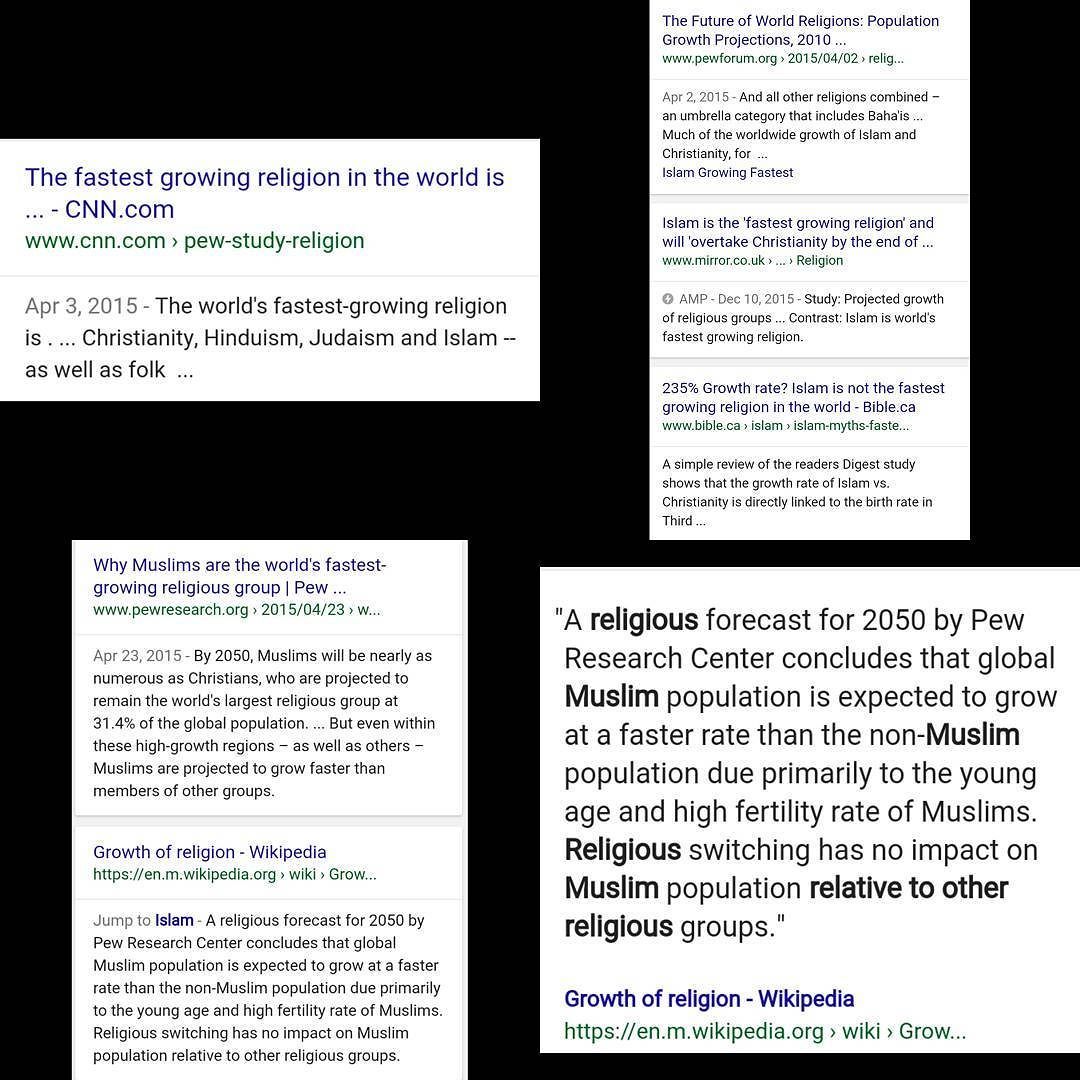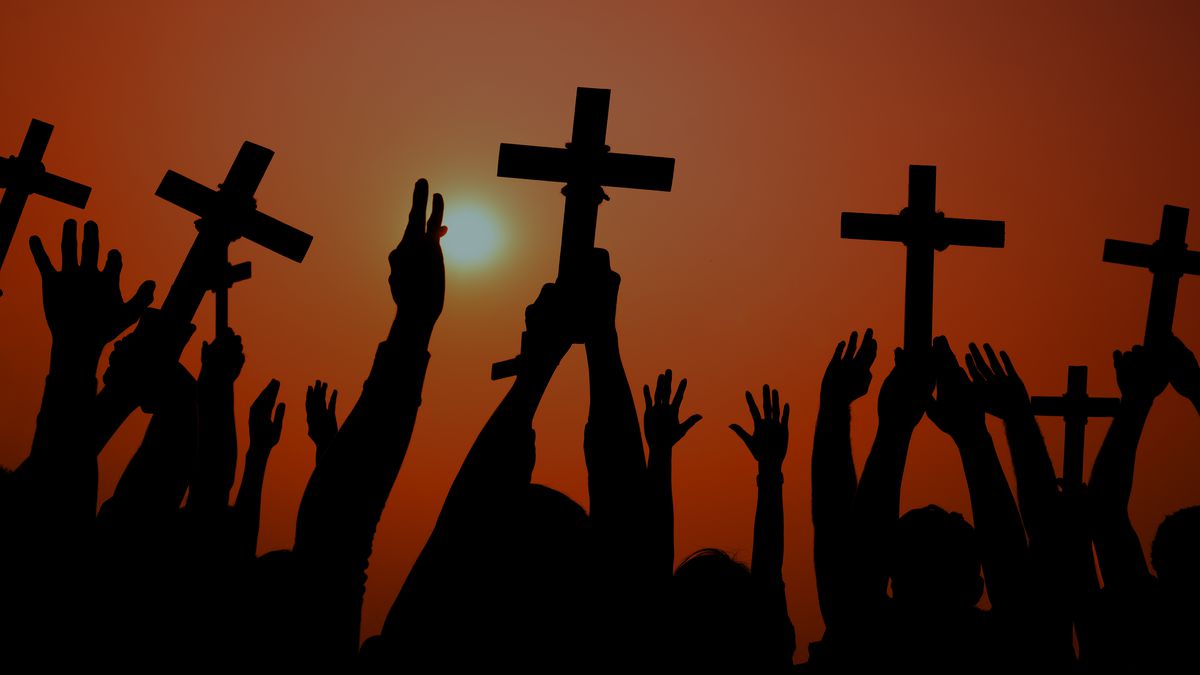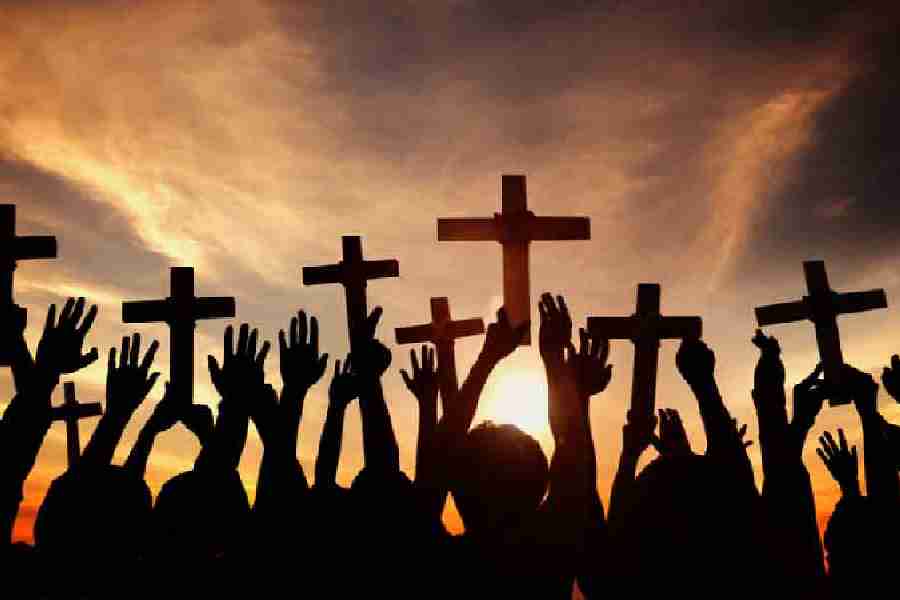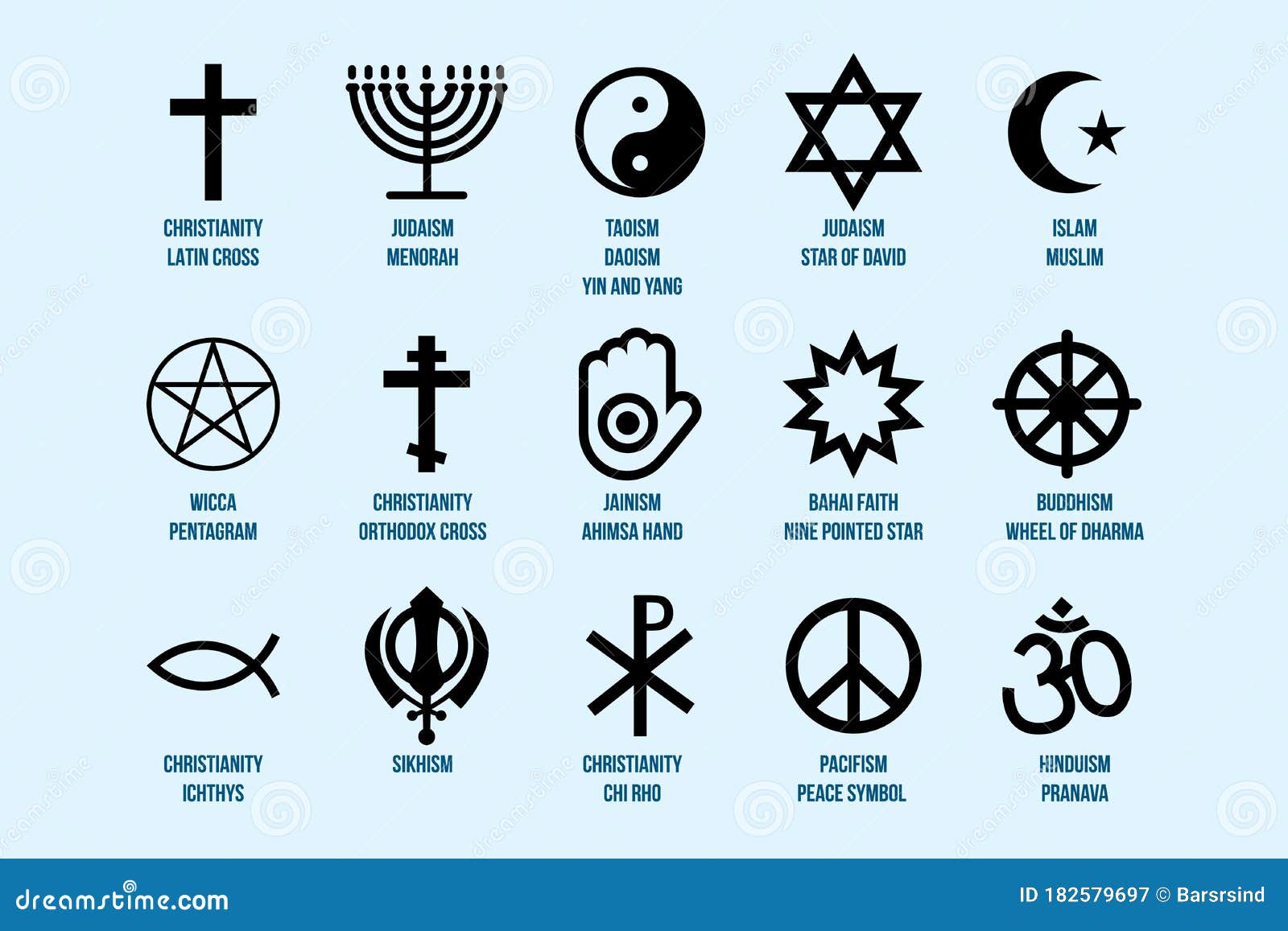A Comprehensive Guide to Vietnamese Religious Beliefs and Practices
Introduction to Religion in Vietnam
Vietnam’s spiritual landscape is as diverse and vibrant as its cultural history. Rather than adhering strictly to a single faith, many Vietnamese people practice a blend of beliefs, combining elements of folk traditions, ancestor worship, and major organized religions. This unique approach to spirituality reflects both ancient customs and the influence of global faiths, resulting in a society where religious identity is fluid and deeply personal. [1]
Major Religions Practiced in Vietnam
Vietnam is constitutionally a secular state, but it recognizes a range of officially registered religions. The six major religions in Vietnam are Buddhism, Catholicism, Protestantism, Islam, Caodaism, and Hoa Hao Buddhism. [2] Among these, Buddhism is the most widespread, followed by Catholicism, with smaller but significant communities of Protestants, Muslims, and followers of indigenous faiths.
Buddhism
Buddhism arrived in Vietnam from India as early as the second century A.D. and remains the most prominent organized religion, with about 13.3% of the population identifying as Buddhist as of 2023. [1] It is practiced through a network of more than 20,000 pagodas. Both the Mahayana tradition (influenced by China) and the Theravada tradition (from Southeast Asia) are present. [5]
Buddhist festivals and rituals are major cultural events, and many people-regardless of formal religious affiliation-participate in temple visits, offerings, and meditation practices. Even those who do not identify as Buddhist may visit pagodas during holidays like Tết (Vietnamese New Year) to pray for good fortune.
Catholicism and Christianity
Catholicism was introduced by Portuguese and French missionaries in the 16th and 17th centuries. Today, about 6.6% of Vietnamese are Catholic, making Vietnam home to the second-largest Catholic population in Southeast Asia. [1] Protestantism has a smaller but growing following, especially among ethnic minorities, comprising about 1% of the population. [4]
Christian communities are centered around churches, with regular Mass and religious education. Major Christian holidays such as Christmas and Easter are celebrated, often with distinctive Vietnamese customs.
Other Recognized Religions: Islam, Caodaism, and Hoa Hao Buddhism
Islam is practiced primarily by the Cham ethnic minority, especially in southern provinces. The Muslim community is small, accounting for less than 0.2% of the population. [1]
Caodaism is a unique, syncretic Vietnamese religion that blends elements of Buddhism, Christianity, Taoism, Confucianism, and indigenous beliefs. Its headquarters are in Tây Ninh, near Ho Chi Minh City. [5]
Hoa Hao Buddhism is another indigenous faith, originating in the Mekong Delta, with an emphasis on simplicity, community service, and rural traditions. Both Caodaism and Hoa Hao Buddhism were founded in the early 20th century and have played significant roles in local society and politics.
Traditional Beliefs and Folk Religions
Despite the presence of major religions, the majority of Vietnamese people do not formally belong to any one faith. Instead, they practice a variety of folk beliefs , which include ancestor worship, animism, and the veneration of local deities. These practices are often referred to as “folk religion” or “indigenous religion,” and account for the spiritual lives of about 76.5% of the population when measured by self-identification. [1]
Key elements of Vietnamese folk religion include:
- Ancestor Worship : The most universal spiritual practice in Vietnam, involving daily offerings at home altars, elaborate rituals during funerals, and annual ceremonies to honor deceased loved ones. [3]
- Nature and Local Spirits : Many Vietnamese believe in spirits inhabiting mountains, rivers, trees, and other natural features. Offerings are made at temples and shrines to seek protection or blessings.
- Village and Occupational Gods : Each village may have its own guardian deity, and certain professions (such as fishing or farming) have patron spirits. [3]
These traditional beliefs are deeply integrated into daily life and are often practiced alongside organized religions.
Religious Syncretism and Coexistence
A defining feature of Vietnamese spirituality is syncretism -the blending of multiple religious traditions. It is common for a single person or family to participate in Buddhist, Confucian, Taoist, Catholic, and folk religious rituals, choosing practices that best fit their needs and circumstances. [4]
This syncretic approach allows Vietnamese people to adapt spiritual life to personal, family, and community events. For example, many Catholics also honor their ancestors at home altars and participate in local folk festivals. This inclusivity fosters a spirit of religious tolerance and mutual respect among Vietnam’s diverse communities. [5]
Legal Status and Freedom of Religion
The Socialist Republic of Vietnam’s constitution guarantees freedom of belief and religion. Article 24 states that “all religions are equal before the law.” [1] While the government previously imposed restrictions, especially after 1975, today religious organizations can register with the government and operate legally, provided they comply with certain regulations.
For those interested in learning more about or participating in religious practice in Vietnam, you can:
- Visit local temples, pagodas, churches, or mosques-most are open to respectful visitors.
- Consult local cultural centers or official tourism offices for information on religious festivals and sites.
- Ask community members or guides for introductions to religious leaders, if you wish to participate in ceremonies.
If you are seeking official information about religious freedom or the status of religious organizations, you may refer to the Vietnamese government’s Committee for Religious Affairs. As of this writing, no single verified English-language website is dedicated to religious registration, so it is advisable to search for “Vietnam Government Committee for Religious Affairs” through a reputable search engine or visit the official Vietnamese government portals for up-to-date guidance.

Source: depositphotos.com
Practical Steps for Engaging with Vietnamese Religion
Whether you are visiting Vietnam, conducting research, or seeking spiritual understanding, it is important to approach religious practices with respect and sensitivity. Here are some steps and recommendations:
- Observe Local Customs : When entering a temple or pagoda, dress modestly and remove your shoes if required. Silence phones and avoid disruptive behavior.
- Participate Respectfully : Non-believers are welcome to observe most rituals. If invited to join, follow the lead of local participants.
- Ask for Guidance : If you are unsure about protocol, politely ask temple staff, guides, or community elders for advice.
- Engage in Festivals : Religious festivals are open to all and offer a unique window into Vietnamese culture. Check local calendars or ask tourism offices for event schedules.
- Seek Official Information : For researchers or those interested in deeper study, universities and official Vietnamese agencies may provide additional resources. Consider contacting the Embassy of Vietnam in your country for referrals.
These steps can help you experience the richness of Vietnam’s religious life while fostering cross-cultural understanding.
Alternative Approaches and Overcoming Challenges
For those unable to visit in person, many Vietnamese temples and churches share educational resources online. While comprehensive official directories are not always available in English, you can find scholarly articles and reports from reputable institutions. When searching online, use specific terms such as “Vietnamese folk religion,” “Buddhism in Vietnam,” or “Caodaism.” If you require official certification for participation in religious activities, contact the Vietnamese consulate or embassy in your country for up-to-date procedures.

Source: facts.net
It is important to note that religious experiences in Vietnam can vary widely by region, ethnicity, and community. For example, the highlands are home to Protestant and animist minorities, while the Mekong Delta features strong Hoa Hao and Caodaism communities. Urban centers tend to have more visible Buddhist and Catholic institutions. If you encounter challenges accessing specific religious communities, consider alternative approaches such as connecting with interfaith organizations or cultural exchange programs.
Key Takeaways
Vietnamese religious life is marked by diversity, syncretism, and deep respect for tradition. Whether through organized faiths or ancestral practices, religion remains a cornerstone of cultural identity. By understanding the nuances and practicalities of Vietnamese spirituality, you can engage meaningfully with its people and heritage.
References
- [1] Wikipedia (2024). Religion in Vietnam – Overview and statistics.
- [2] Vietnam Consulate in Houston (2023). Religion and Belief in Vietnam.
- [3] Open Development Mekong (2022). Overview of Religions in Vietnam.
- [4] Pho 95 (2024). Religion in Vietnam and its Influence on Cuisine.
- [5] Vietnam Embassy USA (2024). Beliefs & Religions.
MORE FROM cheerdeal.com



